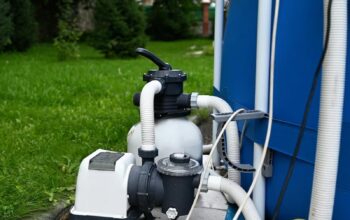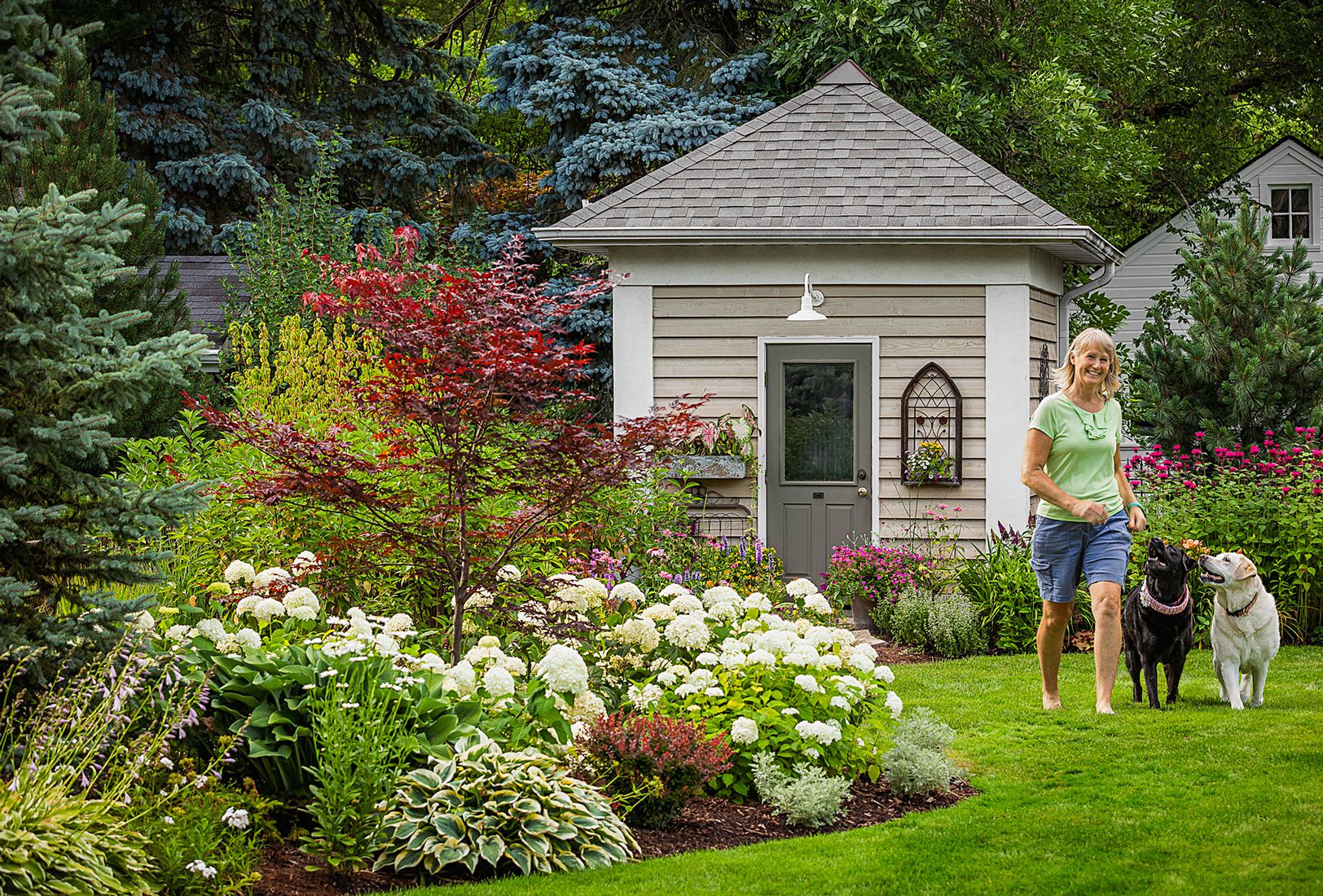Pipe problems can quickly turn from small drips to big disasters. This guide breaks down when you can handle issues and when you need a professional plumber. From hidden leaks to burst pipes, we explain how to spot the signs and take action. Whether you’re a homeowner or a renter, these simple tips can save you time, stress, and money. Don’t let a small leak ruin your home—know when to act.
Pipe Repairs: Why It Matters
Pipes are the hidden veins of your home. They bring clean water in and carry waste out. When they work, you rarely notice them. But when something goes wrong, it can be a disaster—flooding, damp walls, and even structural damage.
This guide explains everything you need to know about pipe repairs, from spotting the early signs of damage to knowing exactly when to call a professional plumber.
Common Pipe Problems in Homes
Pipes can develop issues for many reasons. Some are due to age, and others are due to usage or weather. Here are the most common ones:
1. Leaky Pipes
- Water dripping from joints or fixtures.
- Often caused by corrosion or worn-out seals.
- Can damage walls, floors, and ceilings.
2. Burst Pipes
- It usually occurs in cold weather when water freezes.
- It can cause major flooding.
- Immediate attention required.
3. Clogged Pipes
- Blocked by hair, grease, or foreign objects.
- Leads to slow drainage or backups.
- It may affect toilets, sinks, and showers.
4. Pipe Corrosion
- Happens in old metal pipes.
- Causes leaks or brown water.
- Weakens the pipe structure over time.
5. Tree Root Intrusion
- Roots grow into pipes seeking moisture.
- Break or clog underground pipes.
- Often impacts sewer lines.
Signs You May Need Pipe Repairs
Watch for these early warning signs before a small issue becomes a big problem:
- Low water pressure.
- Unusual sounds like banging or gurgling.
- Water stains on walls or ceilings.
- Damp patches or mould.
- Rising water bills without increased usage.
- Slow drainage or frequent clogs.
These are all signals that your pipes may need attention.
DIY vs Professional Help: What’s Safe to Fix Yourself
Many homeowners want to fix things themselves, and sometimes that’s okay. Here’s a quick breakdown:
Safe DIY Fixes:
- Unclogging a slow drain with a plunger or natural cleaner.
- Tightening a leaky faucet or visible pipe joint.
- Replacing a showerhead or tap.
Not Safe for DIY:
- Burst or frozen pipes.
- Hidden leaks inside walls or ceilings.
- Sewer line clogs or damage.
- Copper or steel pipe replacements.
- Gas pipe issues (always call a licensed expert).
When in doubt, call a professional. Attempting complicated pipe repairs on your own can make things worse—and more expensive.
Why You Should Call a Professional Plumber
A licensed plumber has the tools and skills to identify, fix, and prevent problems. Here’s why it’s worth the call:
1. Accurate Diagnosis
Professionals use cameras and detectors to find the source of the problem, not just the symptoms.
2. Right Tools for the Job
They bring the right equipment, from pipe cutters to thermal imaging, to avoid guesswork.
3. Long-Term Fixes
Temporary patches may hold for a while, but professionals offer durable, lasting repairs.
4. Time and Cost Savings
While it may seem cheaper to DIY, incorrect repairs can lead to bigger issues and higher bills down the line.
5. Insurance and Safety
Plumbers follow safety codes, and their work is often covered by insurance, protecting your home and wallet.
Situations That Need Immediate Professional Attention
Some problems just can’t wait. Call a professional right away if you face any of these:
- Water gushing from a burst pipe.
- Strong smell of sewage inside or outside the home.
- Sudden loss of water pressure in multiple outlets.
- Water is pooling around your foundation.
- Mold growth near the pipework.
How to Choose the Right Pipe Repair Service
Not all plumbing services are equal. Use this checklist to find a reliable provider:
- Licensed and insured: Protects you from liability.
- Experienced technicians: Look for reviews and recommendations.
- Transparent pricing: No hidden charges or vague estimates.
- Emergency service available: Especially important for urgent repairs.
- Warranty on work: Shows confidence in their craftsmanship.
To get started, search for terms like plumbing repair services near me, emergency plumber, or local pipe repair specialists.
Preventing Future Pipe Problems
Good maintenance can reduce the need for emergency pipe repairs. Here’s how to keep your system in top shape:
Regular Inspections
Have a plumber check your system once a year, especially in older homes.
Insulate Pipes
Protect against freezing in winter with proper insulation.
Watch What You Flush
Don’t pour grease or chemicals down the drain. Avoid flushing wipes or sanitary products.
Install Water Softeners
If you have hard water, it can lead to mineral buildup. Softeners can extend pipe life.
Fix Leaks Early
A small drip today can be a costly repair tomorrow.
Frequently Asked Questions
Q: How long do pipes last?
A: Copper pipes can last 50+ years. PVC pipes last 25–40 years. It depends on usage and water quality.
Q: Can I claim pipe repairs on home insurance?
A: Sometimes. Damage from sudden breaks may be covered, but wear and tear is usually not. Check your policy.
Q: Are pipe repairs noisy or messy?
A: Minor repairs are usually not necessary. Major ones might involve digging or cutting into walls, but professionals aim to minimise disruption.
Final Thoughts: Don’t Wait to Address Pipe Problems
Ignoring pipe issues doesn’t make them go away—it makes them worse. If you notice any signs of trouble, don’t hesitate to call a trusted plumber. Acting quickly saves money and protects your home from major damage.
With regular checks and smart habits, you can avoid many pipe problems. But when something serious strikes, professional help is the safest choice.











